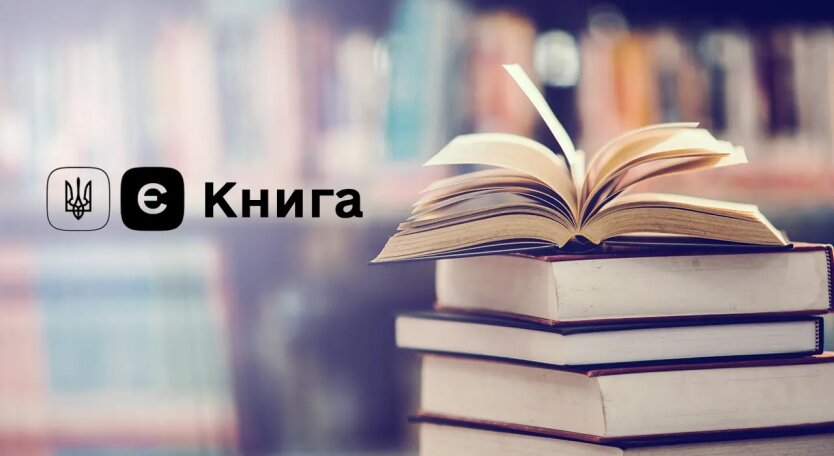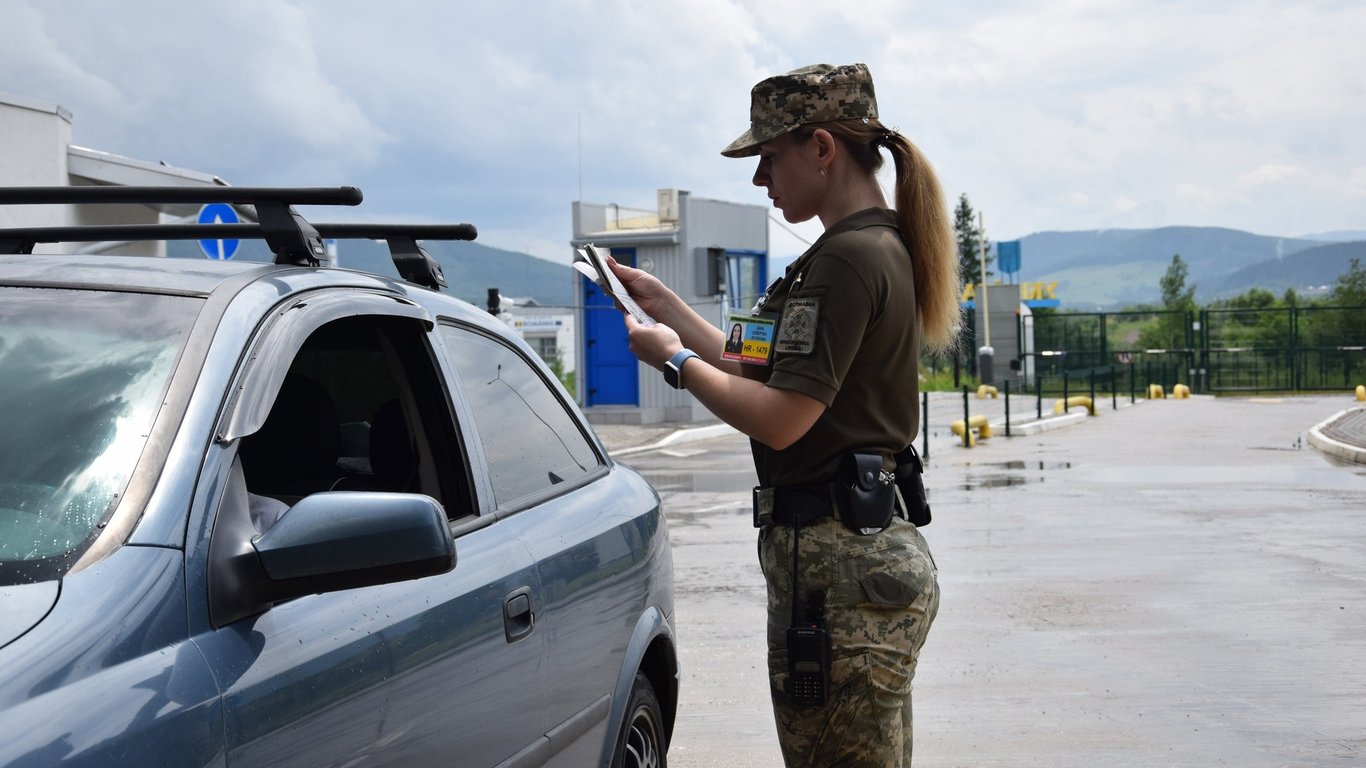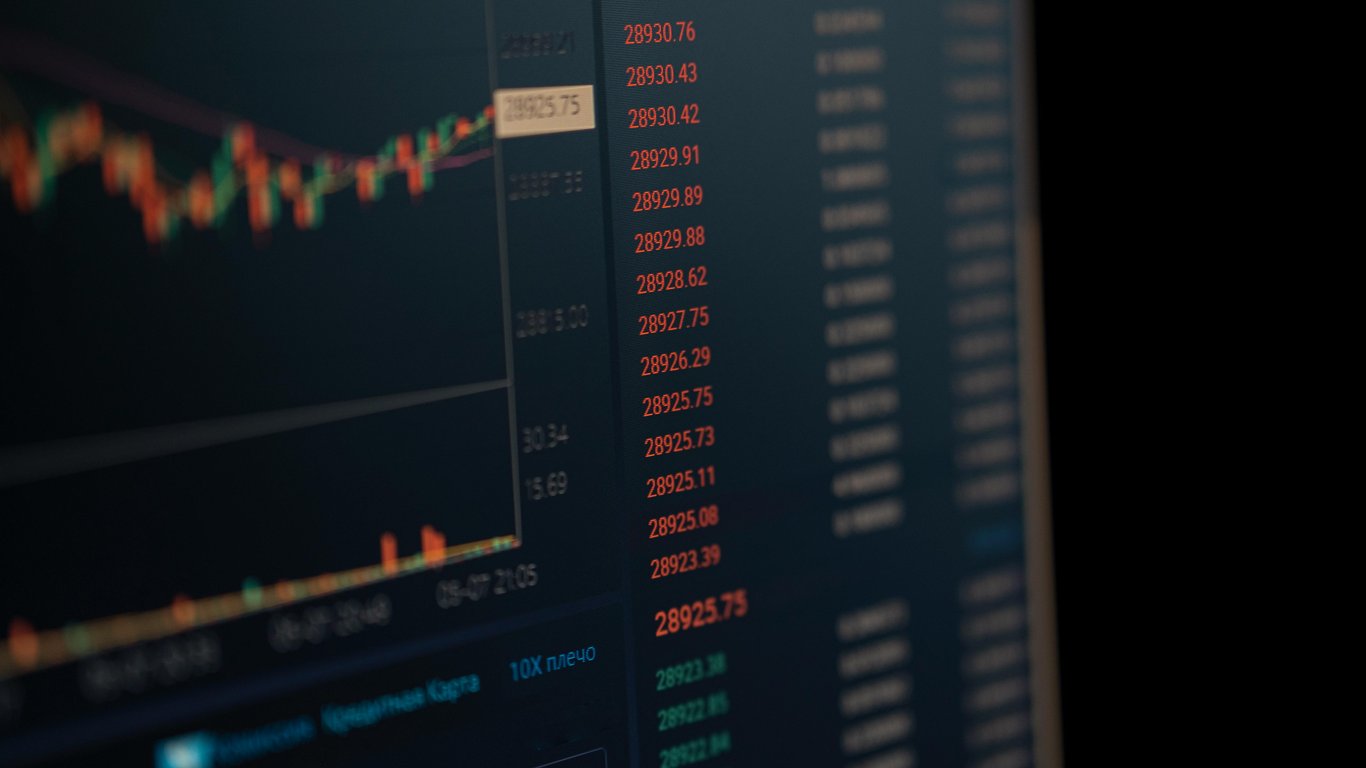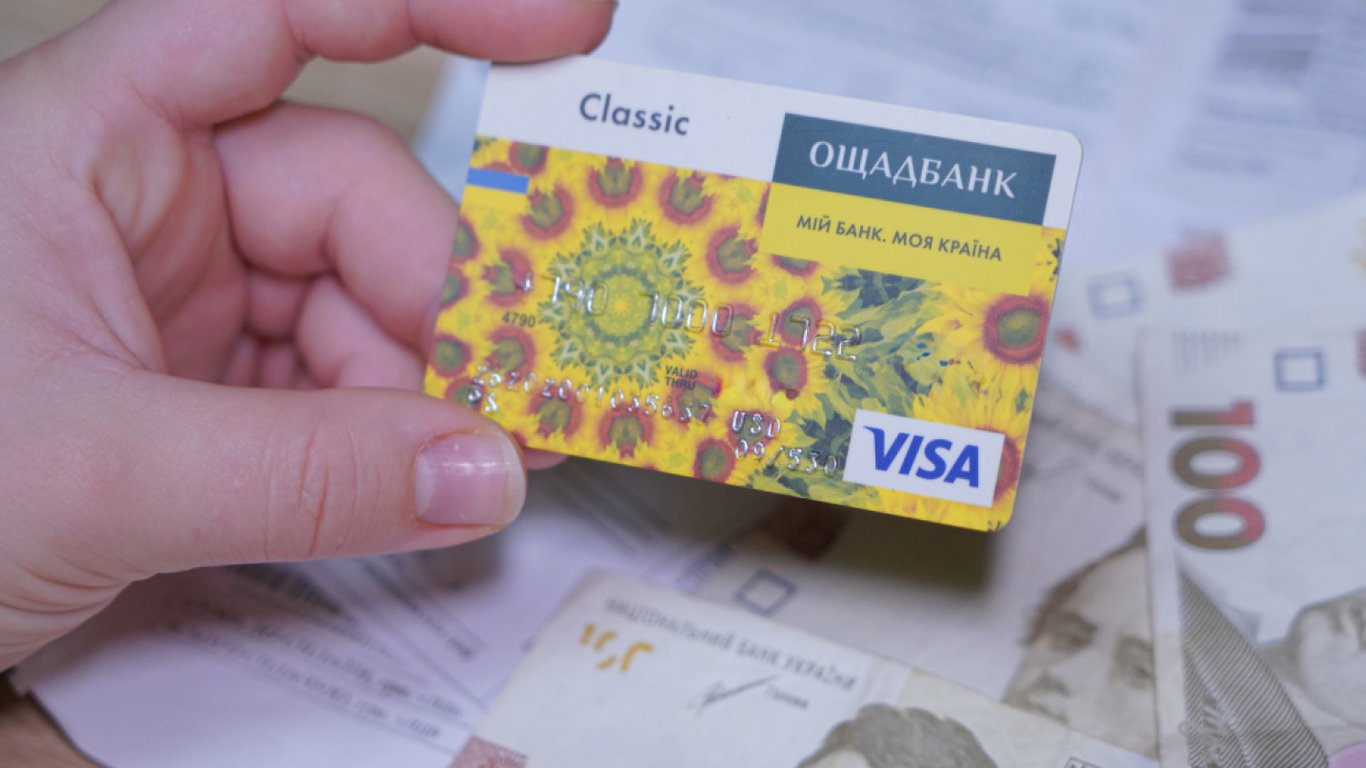Almost 1000 hryvnias for Ukrainians: how to receive payments under the 'eBook' program.


The Ukrainian project 'eBook' begins its activities
Ukraine is launching a major project 'eBook', aimed at supporting book publishing and promoting reading in the Ukrainian language. This was announced by Prime Minister Denys Shmyhal during a government meeting.
The main feature of this project is the provision of 908 hryvnias to every citizen of Ukraine who turns 18 in 2024. These funds are designated exclusively for the purchase of books in the Ukrainian language. The project is implemented through the 'Diia' mobile application and allows for the purchase of both printed and electronic editions.
Shmyhal noted the importance of this initiative in the context of Russian aggression: 'When Russia bombs our printing houses and tries to destroy our culture, this is an important element of support.'
To participate in the program, it is necessary to download the 'Diia' app, select the 'eBook' service, and open a virtual bank card.
The funds can be spent within three months after receipt in the participating bookstores of the program. Payments can be made cashless through a smartphone or via bank card details on bookstore websites.
Minister of Digital Transformation Mykhailo Fedorov also proposed a list of recommended books, including works by Greg McKeown, Barbara Oakley, and Yaroslav Hrytsak.
After a year following the end of martial law, the same assistance will be available to parents upon the birth of a child.
It was also determined by what deadline it is possible to receive the winter thousand from President Zelensky.
Read also
- All money is confiscated — what currency can be seized at the border
- Iron ore prices rise — what is happening in the market in July
- Clients are losing money from their accounts — what Sberbank advises
- Selling an apartment - how not to lose everything due to one clause in the agreement
- Cultural Code of Money — How the Past Influences Finance
- Power outage schedules in Odessa - will they be applied tomorrow









